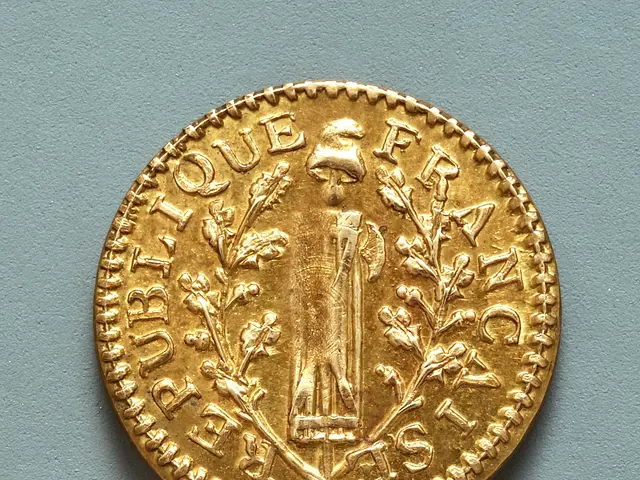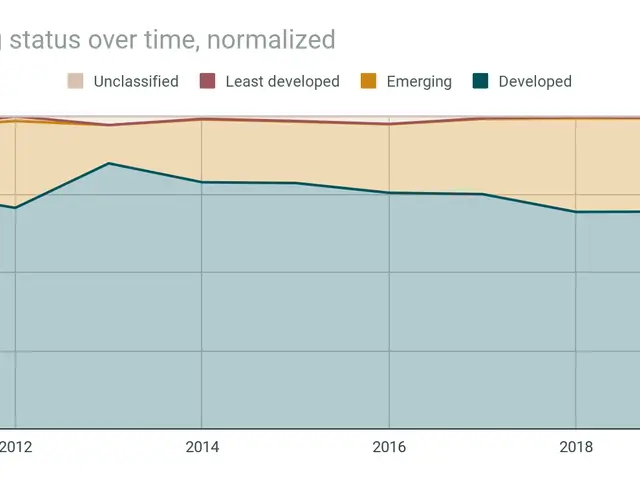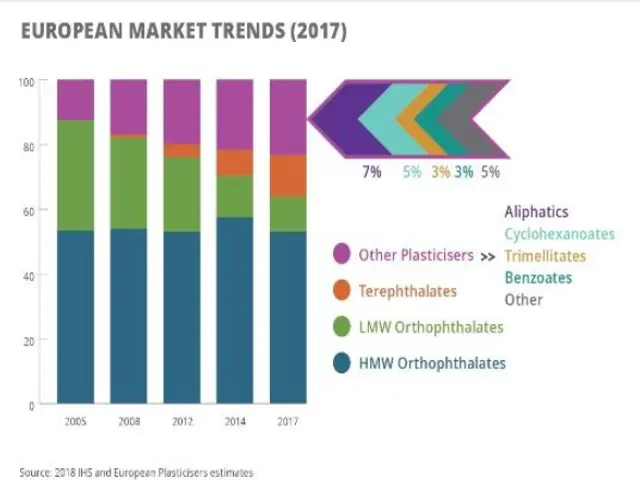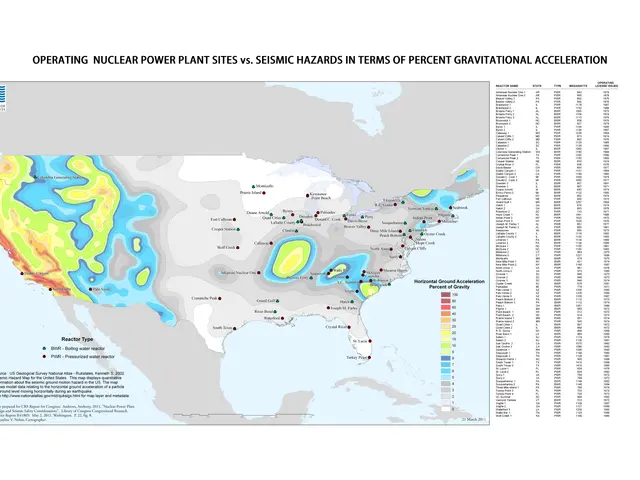Parliamentary Elections in Albania - Rama Eyeing a Fourth Term
Albania's Parliamentary Elections: Leading Position for the Government Party in Pre-Election Surveys
Voting commenced this morning in Albania's parliamentary elections, with Prime Minister Edi Rama aiming for a fourth term in office. The Socialist Party, led by Rama, is currently ahead in polls, significantly outpacing the conservative Democratic Party of Sali Berisha. The 60-year-old Rama has reigned since 2013. The election campaign has been marked by EU entry promises and corruption allegations. Polling stations close at 19:00 CET, with results expected early Monday.
Albania entered NATO in 2009 and has been in talks with the EU for about three years, gaining official candidate status in 2014. Rama pledged to secure EU membership for Albania by 2030. "We'll seal our fourth mandate and not waste a single day on Albania 2030 in the EU," Rama declared at his final campaign rally on Friday.
However, many young voters are turned off by both Rama and Berisha, who have influenced Albanian politics since the collapse of communism in 1990/1991. Berisha served as the country's first democratically elected president in 1992 and served as prime minister from 2005 to 2013. Rama is accused of employing strong-arm tactics against the opposition, including the 80-year-old Berisha. Rama also faces several scandals, such as the arrest earlier this year of ally Erion Veliaj, Tirana's mayor, on corruption and money laundering charges. Both Berisha and Veliaj have denied the allegations.
Polls suggest Rama leading Berisha, yet the Socialists may need the backing of smaller parties to maintain their slim four-seat majority. Rama can point to economic successes, with GDP growth exceeding 4% from 2022 to 2024, due to EU trade and tourism, according to the World Bank. Nevertheless, corruption remains a persistent issue, fueled by criminal gangs earning billions from overseas drug and weapons trafficking and laundering the money in Albania.
Source: ntv.de, RTS
Insights:
- The Socialist Party, under the leadership of Prime Minister Edi Rama, seeks a fourth term, having dominated Albanian politics since the end of communism in 1990/1991.
- Sali Berisha, former president and prime minister, leads the opposition party, the Democratic Party.
- The European Union has been a topic of significant interest in the election campaign, as Albania aims to join the EU in the next decade.
- Corruption allegations and scandals have dogged both major political figures, impacting the electoral landscape.
- A new generation of voters is rejecting Rama and Berisha, raising questions about the future direction of Albanian politics.
- Despite corruption allegations against both Prime Minister Edi Rama and Sali Berisha, the Socialist Party, led by Rama, aims to secure a fourth term in office, following their dominance of Albanian politics since the end of communism in 1990/1991.
- Meanwhile, the Democratic Party, headed by former President and Prime Minister Sali Berisha, stands as the opposition party, challenging Rama for control in Parliamentary elections.
- The European Union membership has been a significant focus of the election campaign, with Rama pledging to secure EU membership for Albania by 2030, promising to not waste a single day on Albania 2030 in the EU after potentially sealing a fourth mandate.
- Young voters seem disillusioned with both Rama and Berisha, with many turning away from the influence these figures have held over Albanian politics since the collapse of communism in 1990/1991.








